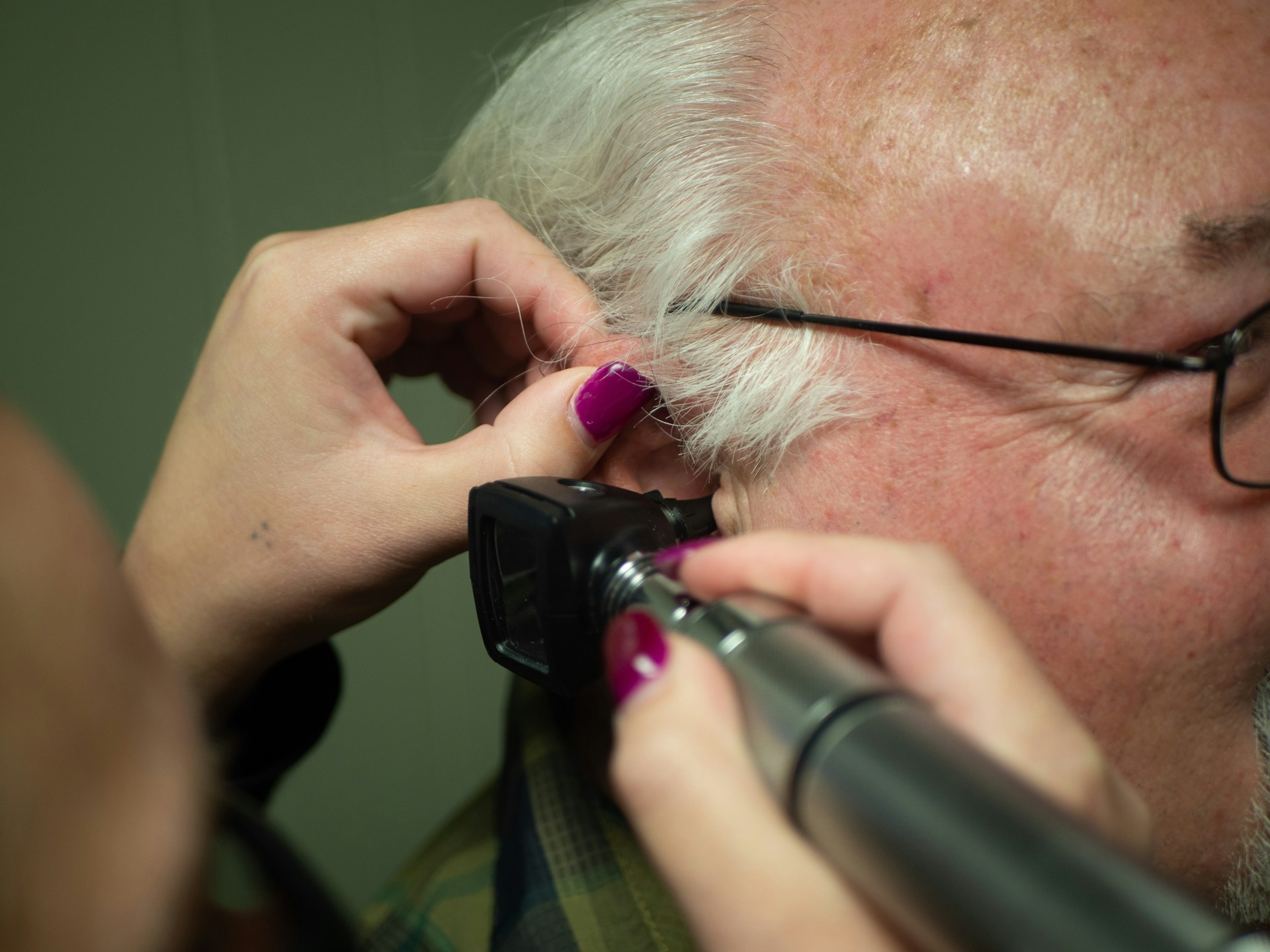With school holidays winding down and Term 1 just around the corner, it’s the right time to check in on your child’s hearing. A children’s hearing test before school starts can help make sure they’re ready to learn, make friends, and follow the day-to-day flow of the classroom without any trouble.
Hearing plays a bigger role in how children experience school than many parents realise. It affects how they take in lessons, talk with classmates, and follow the teacher’s voice through all the noise that often fills a busy classroom. If something changes in how they hear, even a little, it can throw off their focus or make them feel left out. That’s why checking in now, before the term kicks off, can make such a difference.
Why Hearing Matters in the Classroom
We expect a lot from kids when they head back to school. They’re expected to settle into routines, follow instructions from different teachers, and soak up everything from spelling to maths to group work. So much of that comes through their ears.
Even a small drop in hearing can affect:
- Listening to lessons at the back of the room or when there’s background noise
- Picking up on group discussion and classroom cues
- Understanding fast speech or soft-spoken classmates
These little hurdles can add up. Kids tend to zone out or get frustrated when they’re not hearing clearly, though it might not be obvious at first. Over time, they may start responding slower, missing key steps, or feeling unsure about speaking up. Some may try to bluff their way through, guessing answers or copying others. It can chip away at their confidence and make learning harder than it needs to be.
When hearing is clear, it’s easier to keep up, join in, and gain the confidence to ask questions and explore new skills.
Signs a Child May Need a Hearing Check
Some signs of hearing changes in kids are easy to miss. They’re often mistaken as distractions, mood changes, or just “kids being kids.” But when certain behaviours show up again and again, they’re worth a second look.
Keep an eye out for the following:
- Saying “what?” a lot during conversations or seeming to ignore you
- Turning up the volume higher than usual on devices or the TV
- Struggling to follow steps or instructions, especially when not face-to-face
- Complaining about blocked ears, muffled sound, or discomfort
- Getting frustrated in noisy places or avoiding group settings
It’s not unusual for children to have a brief hearing dip during summer from things like water exposure or colds. That’s why a pre-term hearing check can help sort out what’s temporary and what needs further support.
How Changes Over the Break Can Mask Hearing Trouble
The summer break brings lots of changes that can affect a child’s ears, more outdoor time, swimming, air conditioning, and travel. All sorts of things can slip in under the radar.
Here are some common reasons a child’s hearing might change during the break:
- Wax build-up from regular earphone or earplug use
- Fluid in the middle ear from swimming or infections
- Colds or sinus problems that linger longer than expected
These issues can block the ear canal or alter how sound moves through the ear. Often, kids won’t even mention anything unless it hurts. They just adjust, acting distracted or zoning out. That’s why these changes can be easy to miss until school begins and they struggle to keep up.
By checking their hearing before Term 1 starts, we can catch anything new that might have developed over the break before it becomes a concern during the school year.
What to Expect During a Children’s Hearing Test
Hearing tests for children are simple and gentle. We know that testing young ears needs to feel calm, friendly, and pressure-free. Most kids are happy to join in once they know it’s quick and there’s nothing that will hurt.
Here’s what usually happens during a children’s hearing test:
- We ask about your child’s recent hearing habits and any changes you’ve noticed
- Sounds are played through headphones or quiet speakers at different volumes and pitches
- Your child may be asked to signal when they hear a sound or repeat words back
Our space is kept quiet and welcoming to make it easier for kids to stay focused. The test checks each ear to see how well sounds pass through and whether there’s any blockage or dip in ability. This helps us understand if your child’s hearing is clear enough for classroom needs or if it’s worth looking into further.
Some children may need follow-up checks or more frequent monitoring, especially if they’ve had past ear trouble. But often, one test is enough to get a clear picture before school begins again.
A Simple Step That Makes a Big Difference
Term 1 is a fresh start. There are new teachers, classmates, subjects, and routines. It’s a lot for any child to take in, so having clear hearing gives them a real head start. It helps with focus, confidence, and making connections, all early keys to a smooth school year.
Even when signs are small or not easy to spot, one quick check can ease a lot of worry. When kids can hear clearly, learning feels easier and less stressful. They’re better able to join conversations, follow along in class, and take in everything around them without getting lost in confusion.
At Country Hearing Care, we believe every child should have the best start possible. A children’s hearing test before Term 1 is a small step that can make school a lot more enjoyable and a lot more successful.
Preparing your child for the new school year is the perfect opportunity to make sure nothing holds them back. A simple appointment can address any lingering concerns from the holidays and boost their confidence in the classroom. We make each visit easy and comfortable for both kids and parents. Our children’s hearing test is a straightforward way to support your child’s learning and social engagement at school. Book today with Country Hearing Care and take the first step.











